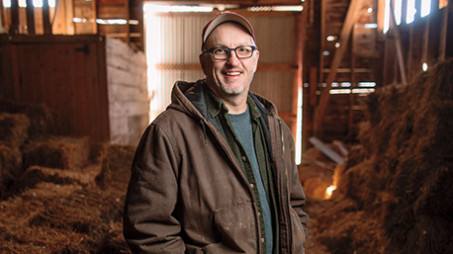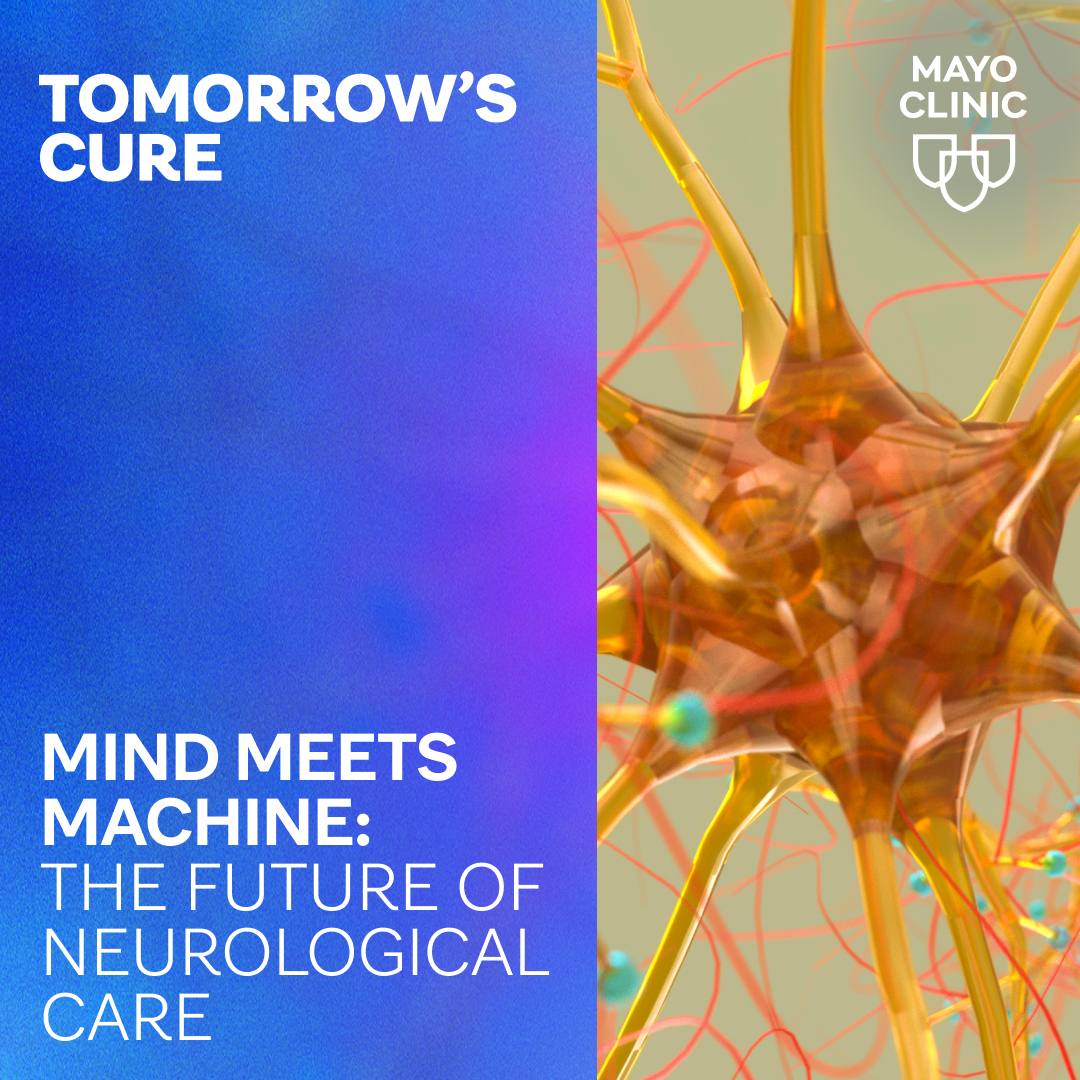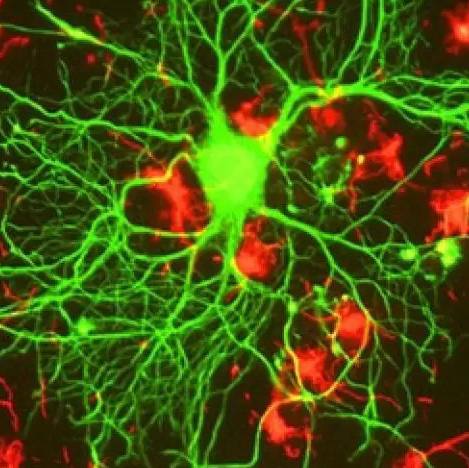-
Science Saturday: Down to the roots with stem cell therapies

Allan B. Dietz, Ph.D., never intended to be a scientist.
His plan was to be a farmer, just like his father, grandfather and all the other Dietzes he knew.
"I was going to be a farmer at first. Then I was going to be a veterinarian because that's what farm kids who like science did," Dr. Dietz says.
But the rural Iowa boy's plans quickly changed when he lost interest in agriculture right about the time he entered the doctorate program for genetics in the College of Veterinary Medicine and Biomedical Sciences at Texas A&M University.
"I liked the science so much I decided to just do the science," he said.
HUMBLED DAILY
Dr. Dietz joined Mayo Clinic in 1996 and has been a driving force behind the research into medical treatments using cell-based technologies, including adult-derived stem cells known as mesenchymal stem cells. Dr. Dietz is the director of the Human Cell Therapy Laboratory. The lab develops cellular therapies to treat a variety of conditions.
There are versions of the lab at all three Mayo Clinic campuses with support from the Center for Regenerative Medicine. When a physician-scientist explores if stem cells or other cellular therapies could be an option for a patient's disease or condition, he or she works with Dr. Dietz's team to develop the protocol and cellular product.
This readily available expert support reduces the time it takes to move research from the initial concept to the actual creation of a product that can be tested.
"This is not a solo effort," Dr. Dietz says. "I really believe that I have the most caring, hardworking team of physicians, scientists and support staff ever assembled. I am humbled daily by the opportunity to work with them."
Without the lab, physicians could spend years gaining the expertise in stem cells as well as necessary Food and Drug Administration approvals to move into clinical trials. With assistance from Dr. Dietz's lab, that time can be cut significantly — to less than a year in some cases. Read the rest of the story on Advancing the Science.
_________________________________________________________
Other Mayo Clinic medical research websites:







